
Stoic | Romanophile | Making the world a more Stoic place | Celebrating the Might and Majesty of Roman History | Marcus Aurelius' #1 Fan
8 subscribers
How to get URL link on X (Twitter) App

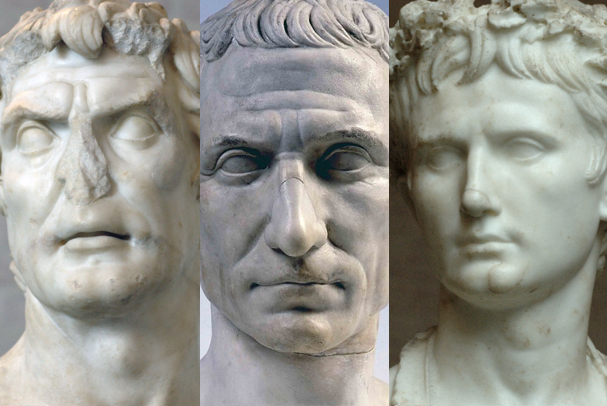
 When Sulla marched on Rome and seized power in 82 BC, he unleashed the proscriptions.
When Sulla marched on Rome and seized power in 82 BC, he unleashed the proscriptions.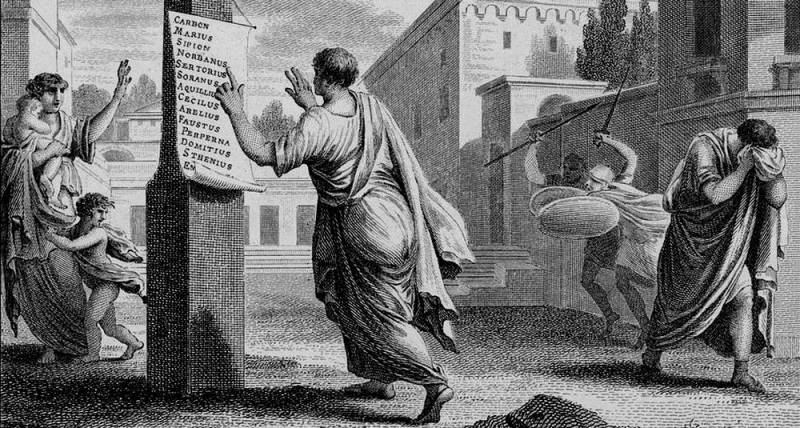

 The Parthians were heirs of Persia. They were horsemen, archers, and masters of feigned retreat.
The Parthians were heirs of Persia. They were horsemen, archers, and masters of feigned retreat.

 The year was 60 BC.
The year was 60 BC.

 Clementia made Caesar look untouchable.
Clementia made Caesar look untouchable.

 In 312 AD, the empire was cracking apart under rival emperors and civil war.
In 312 AD, the empire was cracking apart under rival emperors and civil war.
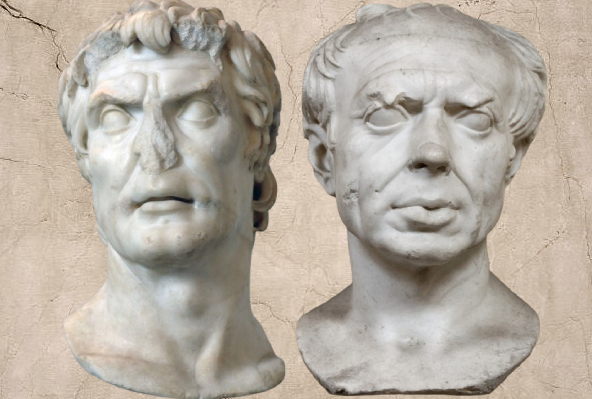
 Marius was the outsider. A “new man” from no noble line who rose by sheer talent and refusal to lose.
Marius was the outsider. A “new man” from no noble line who rose by sheer talent and refusal to lose.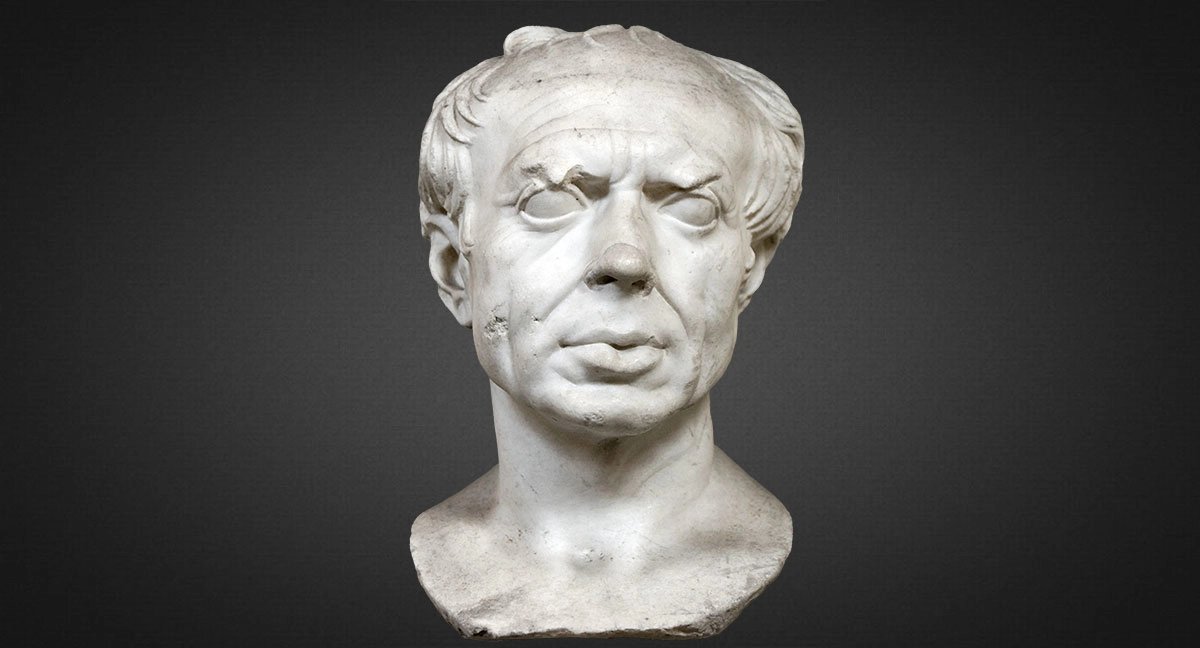
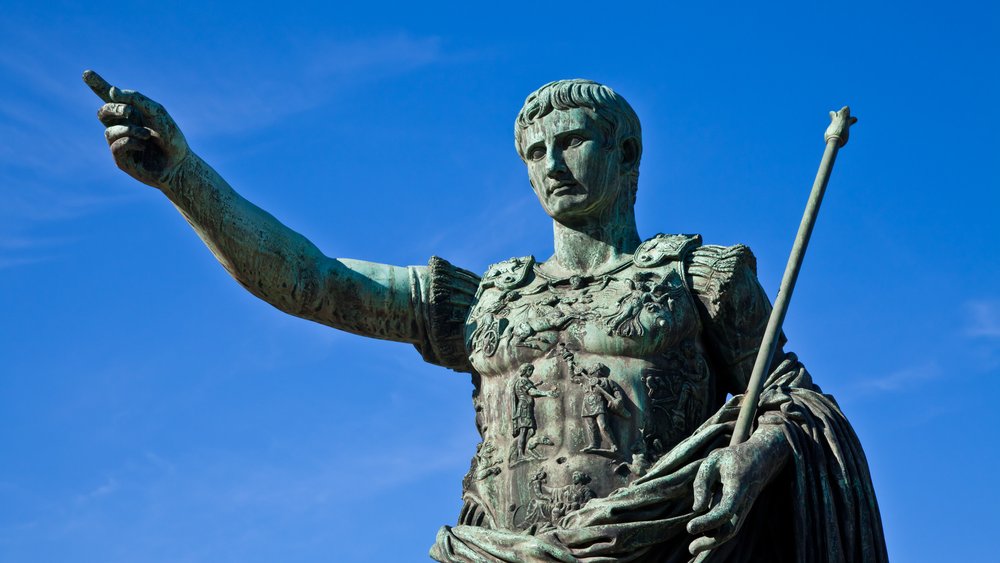
 Named after the place it was found — Prima Porta, “First Gate” on the Via Flaminia — the statue stood guard over the emperor’s household.
Named after the place it was found — Prima Porta, “First Gate” on the Via Flaminia — the statue stood guard over the emperor’s household.

 Catiline was born noble but fell into scandal.
Catiline was born noble but fell into scandal.
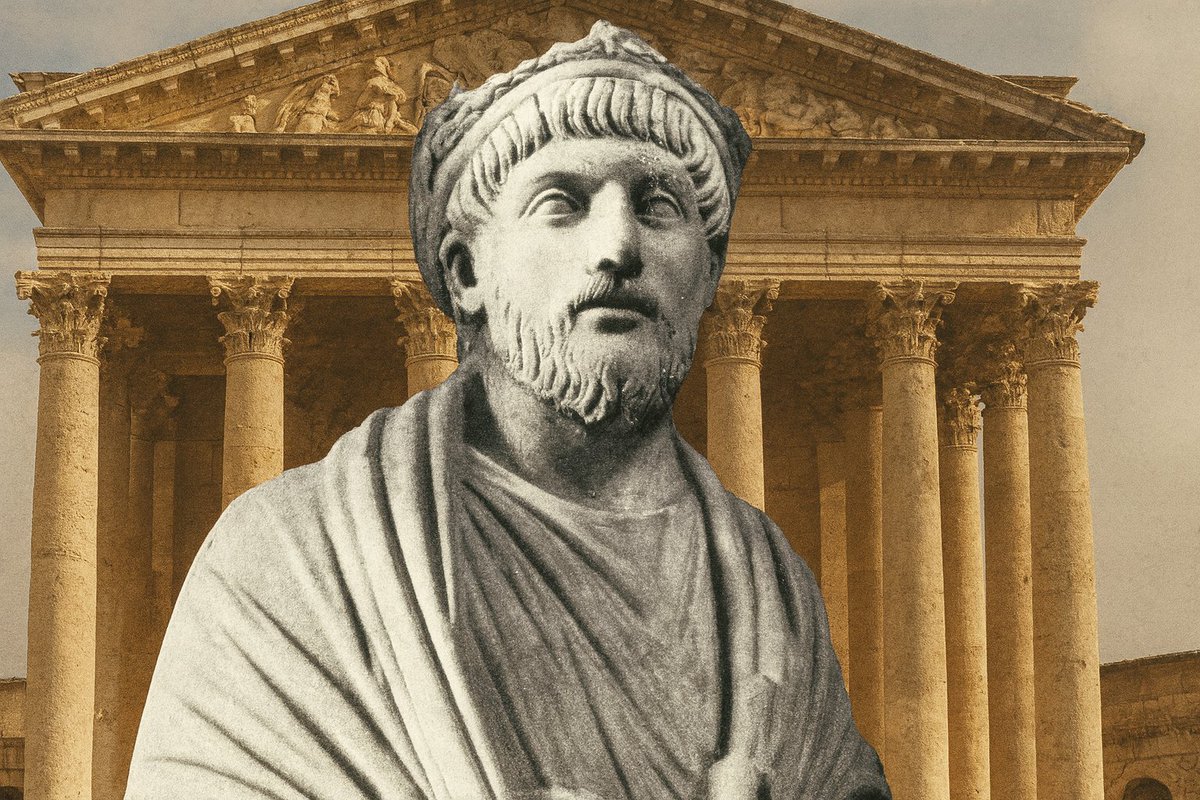
 Julian wasn’t born a rebel. He was raised Christian, the last surviving nephew of Constantine the Great.
Julian wasn’t born a rebel. He was raised Christian, the last surviving nephew of Constantine the Great.

 Who was Virgil?
Who was Virgil?

 Let’s rewind.
Let’s rewind.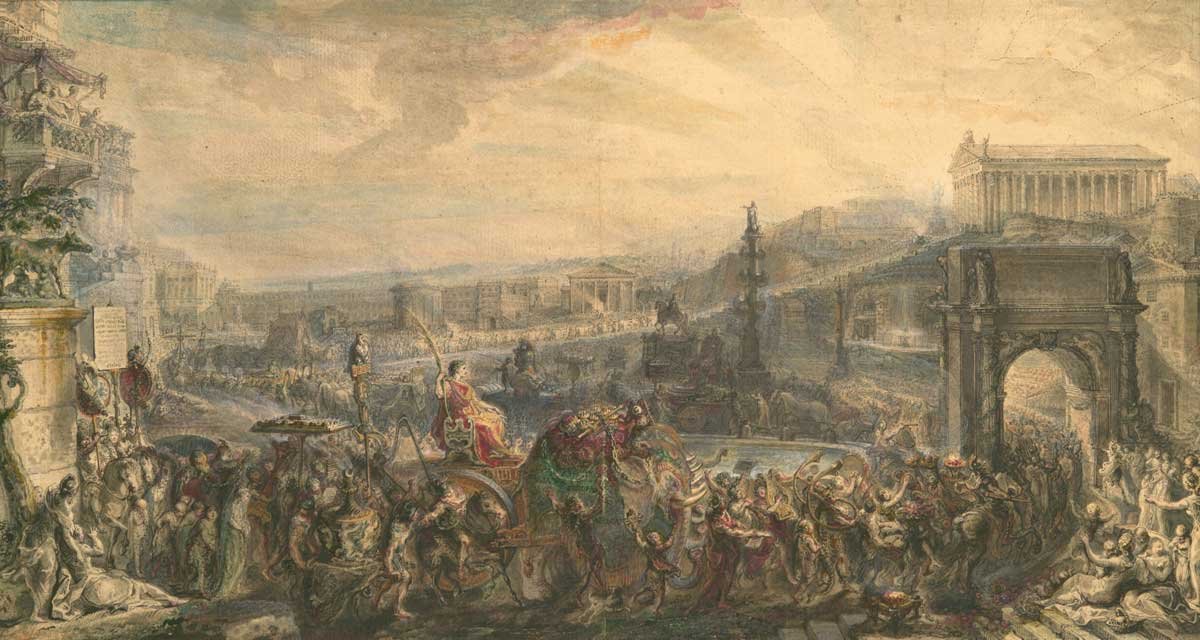

 How did it come to this?
How did it come to this?

 Who was Cicero?
Who was Cicero?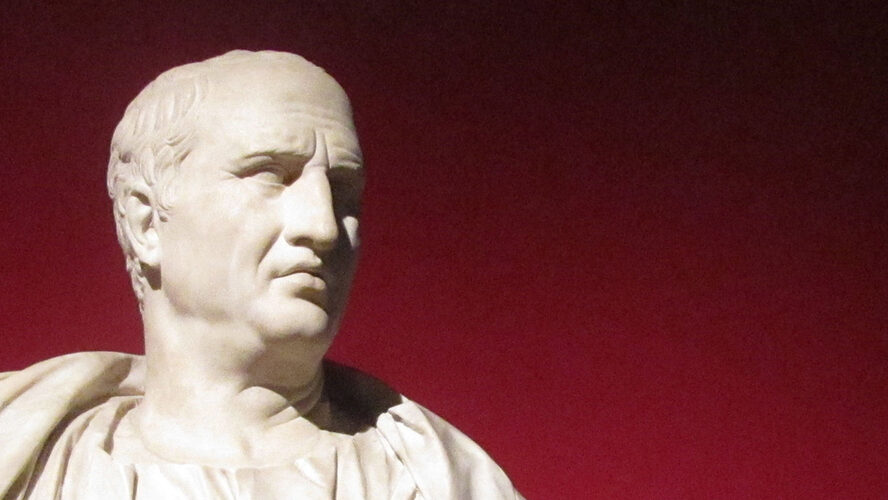

 Tiberius and Gaius Gracchus were born into privilege, but raised with a conscience.
Tiberius and Gaius Gracchus were born into privilege, but raised with a conscience.

 The Cracks in the Empire
The Cracks in the Empire

 After Caesar's assassination in 44 BC, a fragile alliance formed between Octavian, Antony, and Lepidus:
After Caesar's assassination in 44 BC, a fragile alliance formed between Octavian, Antony, and Lepidus:

 The factions began as practical.
The factions began as practical.

 Agrippa and Octavian were friends from a young age.
Agrippa and Octavian were friends from a young age.

 Augustus had ruled Rome for over 40 years.
Augustus had ruled Rome for over 40 years.

 Name: Marcus Salvius Otho Caesar Augustus
Name: Marcus Salvius Otho Caesar Augustus

 Tarquinius laughed in her face. The price she demanded was absurd.
Tarquinius laughed in her face. The price she demanded was absurd.